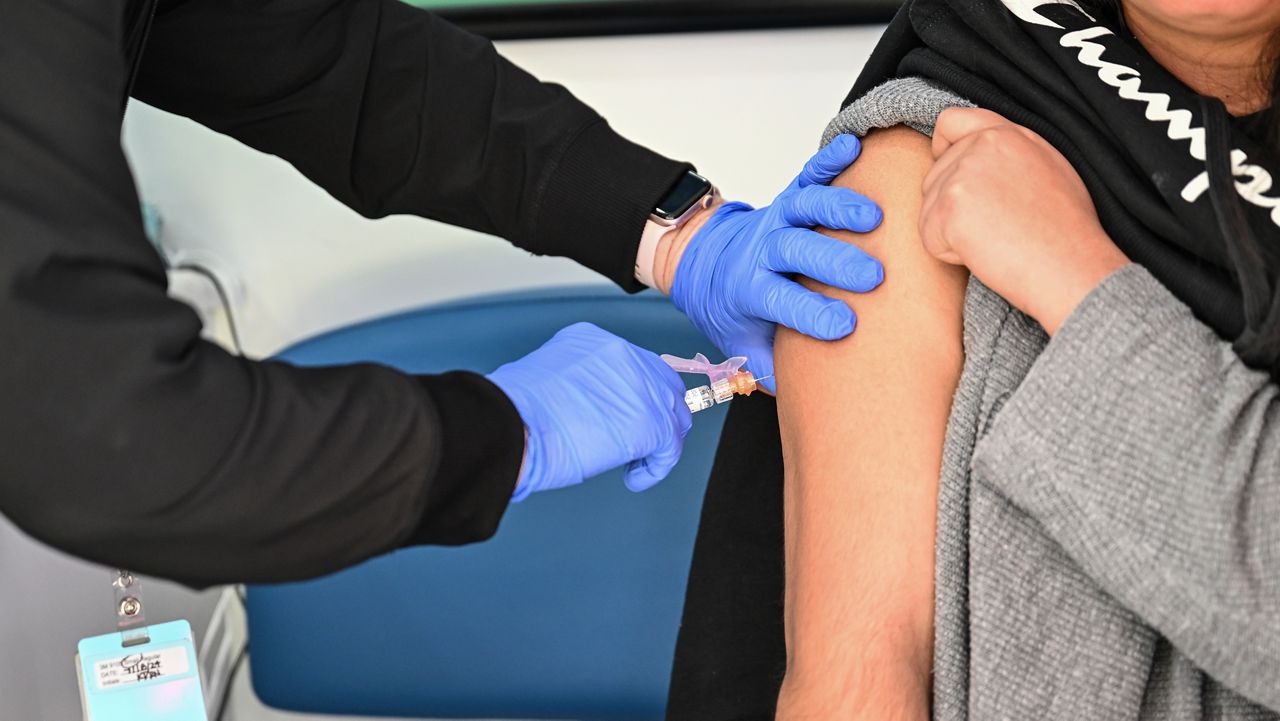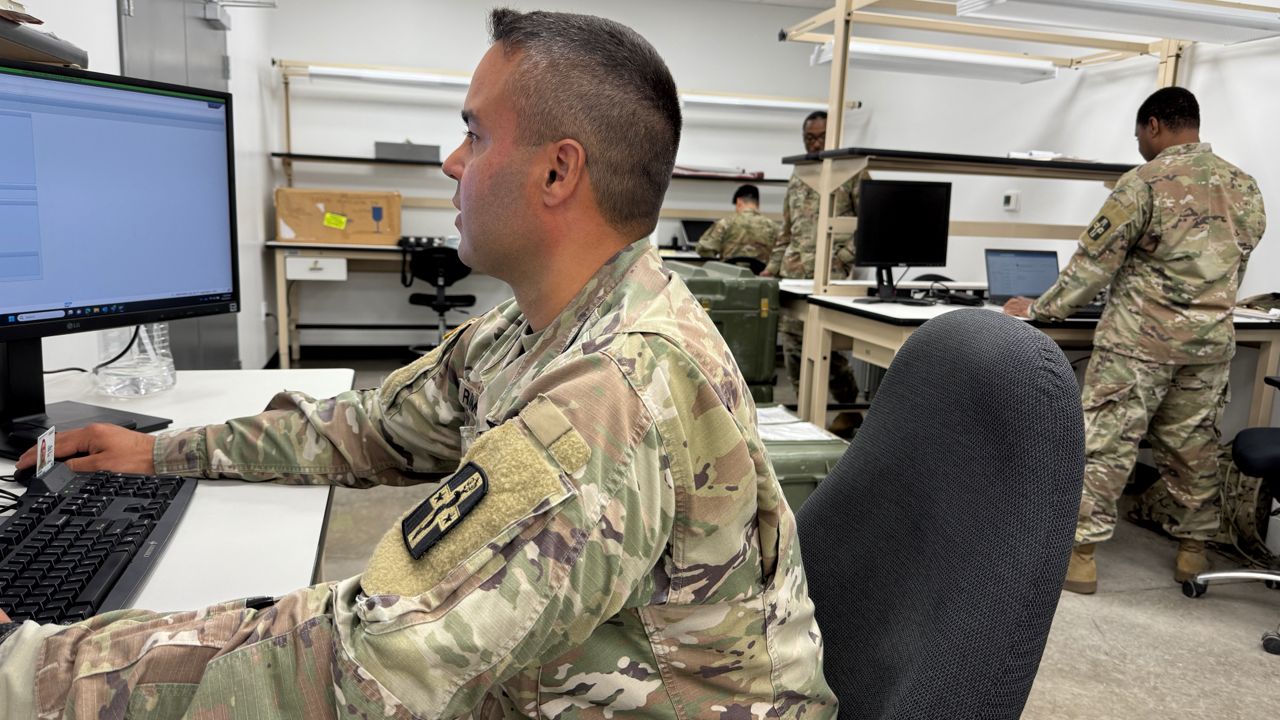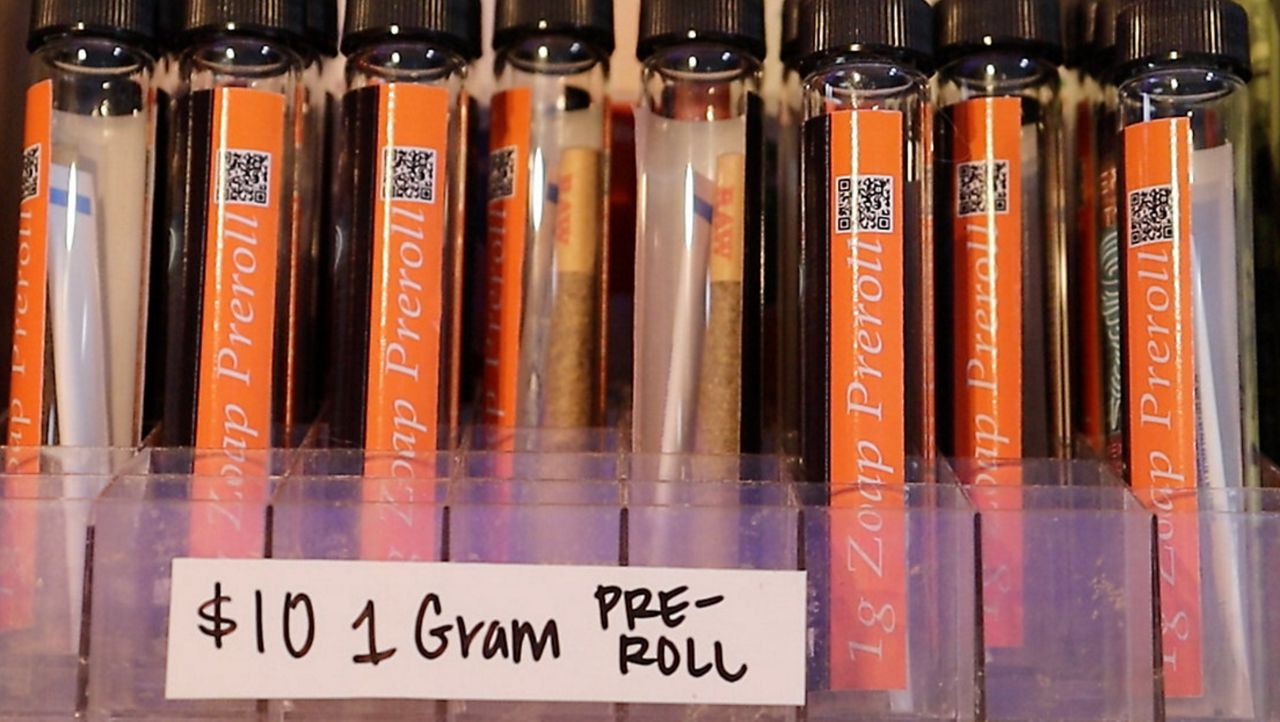AUSTIN, Texas — More than a decade after the federal government shut down real money online poker games across the nation, a group of Texas poker professionals have created a new path for players to play legally in the state.
Hijack Poker launched this year as an app on Apple, Android and a desktop computer with live cash games and poker tournaments. The games are geofenced to only be playable in the state of Texas.
Texas has notoriously strict gambling laws that currently allow no casino gaming and very little wagering of any kind.
Ryan Crow and the team at Texas Card House worked alongside those laws to develop the online poker app.
Texas Card House (TCH) first showed up about a decade ago with the aim of making live poker games available for players in the state. The key to making such a thing legal, Crow said, was a portion of the state law that allows for social gambling in a private place or a club.
Crow said TCH operates as a private club with membership fees that doesn’t take money from the poker games played inside, rather they just facilitate the games and provide the private venue.
As for playing online, Crow says it’s essentially the same model.
“You become a member of our club,” said Crow. “We scan your ID, we use facial recognition… and we only have games where we’re facilitating between player versus player, and we charge an hourly model to use the platform.”
For example, someone playing a $0.02/$0.05 blinds, no limit Texas Hold-Em game on Hijack will pay an hourly rate of $1 to the club, unlike traditional casino setups that take a “rake” or a percentage of the money in each pot.
Crow said players can deposit money into the app to play via several online methods like credit card or by visiting one of TCH’s numerous statewide locations to deposit or collect winnings in person.
The team at TCH has been working on their online platform since the 2020 pandemic temporarily shut down a lot of their in-person play. Crow said the challenge has come in creating the technology to run off of this unique model and stay in compliance with state laws. He said the platform is now ready, and the team is confident that they are doing it right; something that he said is very important to them in their business model.
“We’ve taken kind of that mystery out of who’s operating the platform. It’s not in some underground cellar overseas; it’s right here,” said Crow. “Our attorneys have been telling us for a while, ‘yeah, you can do it.’”
Online poker has been an evolving situation since the games first rose to popularity in the “poker boom” of the early 2000s. By the end of that decade, several real-money sites and poker platforms were surging with popularity and drawing in players from around the world to compete with one another.
Then the industry came to a crashing halt on April 15, 2011 — a day now known in the poker world as “Black Friday.” The Department of Justice shutdown and froze player funds on several of the web’s largest online poker platforms. The government uncovered massive improprieties on several of the sites, and several of professional poker’s biggest names became implicated in long-lasting legal battles over their parts in the scandal. It took months, even years, for many players on the sites to get their money back after the shutdown.
Since then, online poker in the United States has been widely restricted to free-to-play games or games offering sweepstakes prizes. A handful of state legislatures — Nevada, Delaware, New Jersey, Pennsylvania, West Virginia and Michigan — passed their own laws to legalize online poker, and some geofenced apps have popped up to allow the games in those states. Recently, some platforms have begun experimenting with token-based systems to allow players to play online for something that can be cashed in for real money.
Crow thinks his team may be onto something with their private club model in Texas. He said they’re looking ahead to see if there are ways they can offer the app elsewhere or internationally.
However, Crow said making sure Hijack and their method of poker play stays legal in Texas is one of their top priorities. He said the TCH team are regulars at the Texas Capitol in Austin, meeting with state lawmakers and advocating for poker players as the state constantly toys with loosening or changing the state’s gambling laws.
“There’s almost no momentum to go the other way [more prohibition],” Crow said, “but anything can happen. You never know.”
For now, Crow hopes Texas players will give Hijack a shot and try to relaunch the once robust online game scene in the state, with a much clearer and safer backend.
Hijack currently offers 24-hour cash games in a variety of buy-ins and daily tournaments. Crow said he sees thousands of players already participating.







